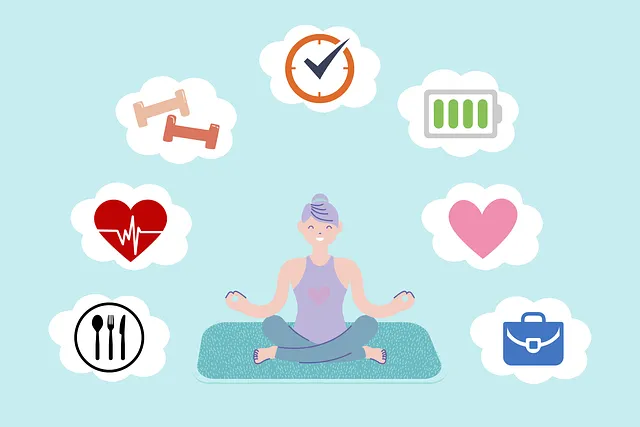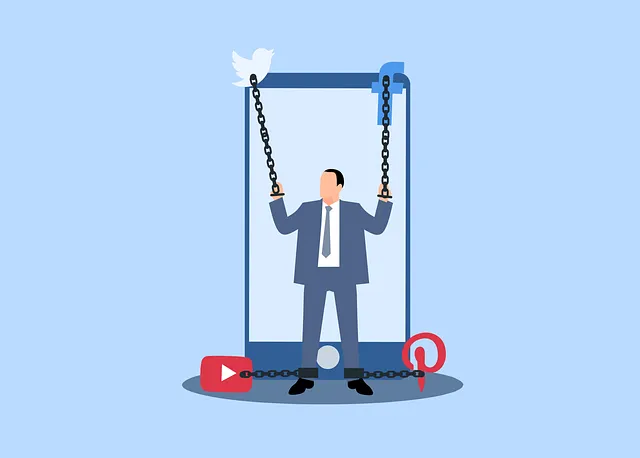The Northglenn Kaiser Permanente mental health department (a key community resource) offers extensive resources for developing coping skills, especially during challenging times. They provide evidence-based interventions like Stress Reduction Methods and Trauma Support Services through individual therapy, group support, and education workshops. Their approach combines direct service with policy advocacy to ensure best practices and community needs are met. Mindfulness meditation, physical activity, goal setting, and positive self-talk are practical strategies emphasized for enhancing coping skills in daily life, fostering resilience and improving overall mental well-being.
Coping skills development is a crucial aspect of maintaining mental well-being, especially in stressful times. This article explores the significance and various facets of coping strategies, offering valuable insights for personal growth. We delve into ‘Understanding Coping Skills’ to emphasize its foundational role in mental health, particularly through the lens of the Northglenn Kaiser Permanente Mental Health Department’s innovative programs and their impact on the community. Additionally, practical strategies are presented to empower individuals to enhance their daily coping abilities.
- Understanding Coping Skills: A Foundation for Mental Well-being
- The Role of the Northglenn Kaiser Permanente Mental Health Department in Skill Development
- Practical Strategies: Enhancing Coping Skills for Daily Life
Understanding Coping Skills: A Foundation for Mental Well-being

Coping skills are essential tools for maintaining mental well-being, especially in challenging times. The Northglenn Kaiser Permanente mental health department offers valuable resources and support to help individuals navigate stress, anxiety, and other emotional difficulties. Understanding these coping mechanisms forms a strong foundation for overall mental health and resilience. By learning effective strategies, individuals can enhance their ability to manage difficult situations and improve their overall quality of life.
The process begins with recognizing personal triggers and developing healthy ways to respond. This involves building self-awareness, managing emotions, and adopting positive thinking patterns. For example, mindfulness practices and cognitive-behavioral techniques are powerful tools to boost confidence and reduce stress, as demonstrated by various community outreach program implementations. Additionally, risk management planning for mental health professionals plays a crucial role in ensuring these skills are utilized effectively in diverse settings.
The Role of the Northglenn Kaiser Permanente Mental Health Department in Skill Development

The Northglenn Kaiser Permanente Mental Health Department plays a pivotal role in coping skills development for its community members. This dedicated department offers a comprehensive range of services designed to support individuals facing various mental health challenges. Their expertise lies in providing evidence-based interventions, including Stress Reduction Methods and Trauma Support Services, tailored to meet the unique needs of each patient. Through individual therapy sessions, group support meetings, and education workshops, the department equips people with essential coping strategies to manage stress, anxiety, and trauma.
In addition to direct service provision, Northglenn Kaiser Permanente actively engages in Mental Health Policy Analysis and Advocacy. This proactive approach ensures that local mental health resources align with best practices and community needs. By collaborating with stakeholders and policymakers, the department contributes to shaping a supportive environment where accessible and quality mental healthcare is prioritized. Their efforts bridge the gap between clinical practice and policy implementation, fostering a holistic strategy for coping skills development on a larger scale.
Practical Strategies: Enhancing Coping Skills for Daily Life

Practical strategies play a pivotal role in enhancing coping skills for daily life, as advocated by the Northglenn Kaiser Permanente mental health department. Incorporating mindfulness meditation into your routine can significantly reduce stress and anxiety by teaching you to stay present and focused. This simple yet powerful tool has been shown to improve overall well-being and resilience. Additionally, community outreach program implementation fosters a sense of belonging and support, connecting individuals with like-minded people who can offer encouragement and understanding.
Building confidence is another crucial aspect of coping skill development. Engaging in regular physical activity, setting achievable goals, and practicing positive self-talk are effective ways to boost self-assurance. These strategies not only improve mental health but also have a positive ripple effect on various areas of life, including personal relationships and career pursuits. By integrating these practical approaches into daily routines, individuals can better navigate challenges and maintain a healthier, more balanced lifestyle.
Coping skills development is a powerful tool for maintaining mental well-being, as highlighted by the comprehensive programs offered by the renowned Northglenn Kaiser Permanente Mental Health Department. With a focus on practical strategies, this department has empowered individuals to manage stress and adversity effectively. By understanding coping skills as a foundation for resilience, folks can enhance their daily lives, fostering a sense of balance and tranquility. The evidence-based approaches and dedicated support from professionals at Northglenn Kaiser Permanente have proven invaluable, serving as a guiding light in navigating life’s challenges.






